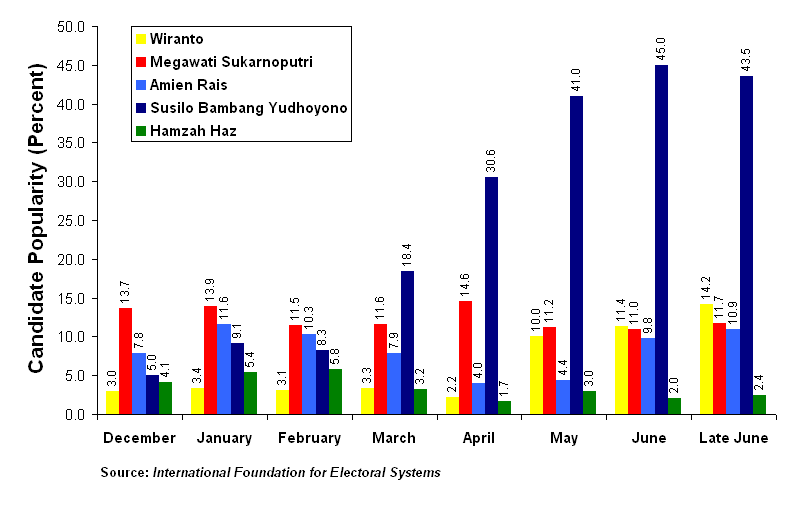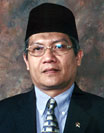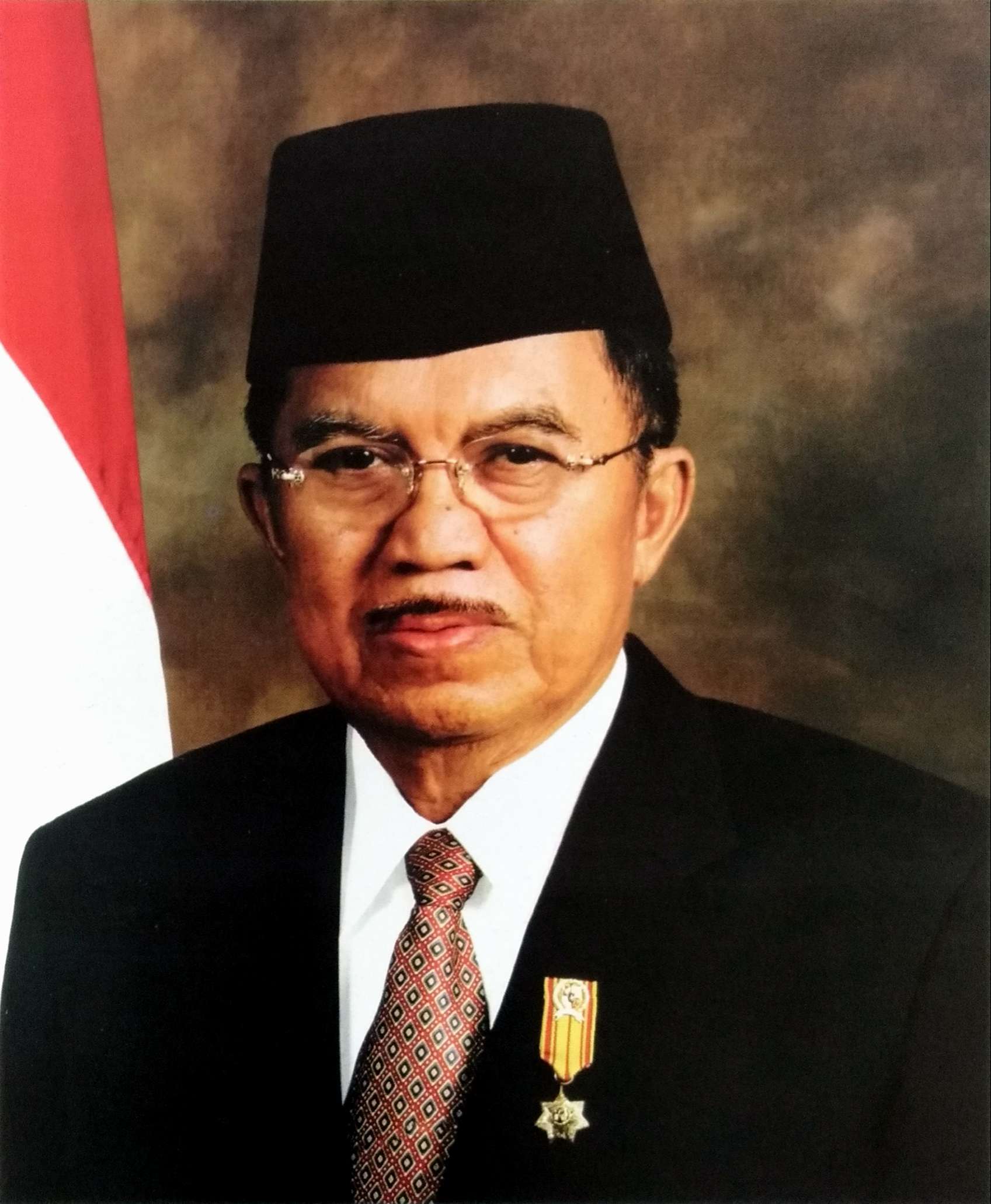|
Partai Bulan Bintang
The Crescent Star Party ( id, Partai Bulan Bintang) is a political party in Indonesia. History The party's origins go back to the banning of the Islamic Masyumi Party by Sukarno in 1960. After the ban, supporters and followers of the party established the Crescent Star Family (''Keluarga Bulan Bintang'') to continue to press for the implementation of Sharia law and Islamic teaching in Indonesia. Following the fall of Sukarno and the transition to the New Order in which Suharto came to power, members of the organization wanted to revive the Masyumi Party, but this was not allowed by the new regime. In the 1970s, in a meeting in Malang, a new party called Parmusi (''Partai Muslimin Indonesia'', Muslim Party of Indonesia) was formed. It came fourth in the 1971 legislative elections. In 1973, the party was forced to merge with other Islamic parties into the United Development Party. With the fall of Suharto in 1998, supporters of Masyumi decided to establish a new party. The origina ... [...More Info...] [...Related Items...] OR: [Wikipedia] [Google] [Baidu] |
Yusril Ihza Mahendra
Yusril Ihza Mahendra (born 5 February 1956) is an Indonesian lawyer, politician and academic, who is currently serving as the leader of the Crescent Star Party (PBB) since 2015. Previously, he served as the leader of the PBB from 1998 until 2005, Minister of Justice and Human Rights from 2004 until 2007, and member of the People's Representative Council from 1999 until 2009. Born on 5 February 1956, he attended the University of Indonesia. Graduating with a Bachelor's Degree in Philosophy. He would go on to work as a speechwriter for presidents Suharto and B. J. Habibie. He founded the PBB in 1998, and was later elected a member of the People's Representative Council in the 1999 legislative elections, and was subsequently appointed as Minister of Justice and Human Rights in 2001 by president Megawati Sukarnoputri. He served as minister until 2004, when he became the State Secretary of Indonesia, going on to serve from 2004 until 2007. Yusril is married with Rika Tolentino Kat ... [...More Info...] [...Related Items...] OR: [Wikipedia] [Google] [Baidu] |
Indonesian Legislative Election, 1999
Early legislative elections were held in Indonesia on 7 June 1999. They were the first elections since the end of the New Order and the first free elections in Indonesia since 1955. With the ending of restrictions on political activity following the fall of Suharto, a total of 48 parties contested the 462 seats up for election in the People's Representative Council. A further 38 seats were reserved for members of the armed forces. Background Under the New Order, only two political parties forcibly merged in 1973 – Indonesian Democratic Party (PDI) and United Development Party (PPP) – plus the functional group Golkar had been allowed to participate in elections.Liddle (1978) p40Evans (2003) pp. 21-21 With the start of the Reform Era, more than 100 new political parties emerged.Evans (2003) p28 New elections were called for 1999 and 148 parties registered with the Ministry of Justice and Human Rights. Of these, only 48 passed the selection process, overseen by intellectual N ... [...More Info...] [...Related Items...] OR: [Wikipedia] [Google] [Baidu] |
2004 Indonesian Presidential Election
Presidential elections were held in Indonesia on 5 July 2004, with a second round on 20 September. They were the first direct presidential elections in the country; prior to a 2002 amendment to the Constitution of Indonesia, the President and Vice President had been elected by the People's Consultative Assembly (MPR). Under the new amendment, a candidate pair is elected into office after receiving more than 50% of the vote nationally with at least 2% of the vote in more than half of the provinces of Indonesia. If no pair receives the number of votes required, the election will continue into the second round with the pairs receiving the highest and second-highest number of votes. Further regulations set by the General Election Commission (KPU) state that each pair must be nominated by a political party or coalition of parties which received at least 5% of the popular vote or 3% of the seats to the People's Representative Council (DPR) in the April legislative election. The incum ... [...More Info...] [...Related Items...] OR: [Wikipedia] [Google] [Baidu] |
2019 Indonesian General Election
General elections were held in Indonesia on 17 April 2019. For the first time in the country's history, the president, the vice president, members of the People's Consultative Assembly (MPR), and members of local legislative bodies were elected on the same day with over 190 million eligible voters. Sixteen parties participated in the elections nationally, including four new parties. The presidential election, the fourth in the country's history, used a direct, simple majority system, with incumbent president Joko Widodo, known as Jokowi, running for re-election with senior Muslim cleric Ma'ruf Amin as his running mate against former general Prabowo Subianto and former Jakarta vice governor Sandiaga Uno for a five-year term between 2019 and 2024. The election was a rematch of the 2014 presidential election, in which Jokowi defeated Prabowo. The legislative election, which was the 12th such election for Indonesia, saw over 240,000 candidates competing for over 20,000 seats in the ... [...More Info...] [...Related Items...] OR: [Wikipedia] [Google] [Baidu] |
2014 Indonesian Legislative Election
Legislative elections were held in Indonesia on 9 April 2014 to elect 136 members of the Regional Representative Council (DPD), 560 members of the People's Representative Council (DPR) and members of regional assemblies at the provincial and regency/municipality level. For eligible voters residing outside Indonesia, elections were held on 5 or 6 April 2014 based on the decision of the electoral commission of each different countries. Seats up for election Parties contesting the elections A total of 46 parties registered to take part in the election nationwide, from which only 12 parties (plus 3 Aceh parties) passed the requirements set by the General Elections Commission (KPU). To contest the elections, all parties had to have * A branch office and branch in every province * A branch office and branch in at least 75% of the regencies or municipalities in every province * A branch (but not necessarily a permanent office) in at least 50% of the districts in every regency or munici ... [...More Info...] [...Related Items...] OR: [Wikipedia] [Google] [Baidu] |
Malam Sambat Kaban
Malem Sambat Ka'ban (born 5 August 1958), also known as M. S. Ka'Ban, is an ex minister of forestry of Indonesia. Politics Kaban was a member of the People's Representative Council. He was a Crescent Star Party official before he was appointed by President Susilo Bambang Yudhoyono as Forestry Minister. In addition, he has been involved in human resource development at Jakarta Public Relations. He examined the potential of economic damage from the creation of Gunung Leuser National Park in 1992. He was Chairman of the Economic Potential Weak research team in 1993, and a researcher at the Child Exploitation Strategy assessment study of the joint venture company Pertamina in 1994. He entered politics before the 1997 elections. The United Development Party sought to nominate him as a candidate from West Java. He declined, but the initial period of reform under Yusril Ihza Mahendra formed the Crescent Star Party, which emphasized the importance of Islamic law Sharia (; ... [...More Info...] [...Related Items...] OR: [Wikipedia] [Google] [Baidu] |
2009 Indonesian Legislative Election
Legislative elections were held in Indonesia on 9 April 2009 for 132 seats of the Regional Representative Council (DPD) and 560 seats of the People's Representative Council (DPR). A total of 38 parties met the requirements to be allowed to participate in the national elections, with a further six contesting in Aceh only. The Democratic Party of President Susilo Bambang Yudhoyono won the largest share of the vote, followed by the Golkar Party and the Indonesian Democratic Party – Struggle. Background On 5 October 2004, three regencies were carved out of the province of South Sulawesi to form West Sulawesi as the 33rd province of Indonesia. Because this occurred after the 2004 legislative election, West Sulawesi was not represented in the DPD during the 2004–2009 period. There were talks on increasing the number of seats in the DPR as early as September 2007. In a meeting of a committee to draft changes to the Constitution, various factions within the government proposed an i ... [...More Info...] [...Related Items...] OR: [Wikipedia] [Google] [Baidu] |
2004 Indonesian Legislative Election
Indonesia held legislative elections on 5 April 2004 for both houses of the People's Consultative Assembly, the country's national legislature. This included all 550 seats in the People's Representative Council and 128 seats of the new Regional Representative Council. Final results of the popular vote tally showed that Golkar, the former ruling party of the New Order (Indonesia), New Order era, received the most votes. It had lost to the Indonesian Democratic Party – Struggle in the 1999 Indonesian legislative election, 1999 legislative election. The Democratic Party (Indonesia), Democratic Party and the Prosperous Justice Party, two of the newest parties to participate in the elections, received a combined 14.8% of the popular vote. Based on the final allocation of seats in the People's Representative Council, Golkar, the Indonesian Democratic Party – Struggle, the National Awakening Party, the United Development Party, the Democratic Party, the Prosperous Justice Party, and ... [...More Info...] [...Related Items...] OR: [Wikipedia] [Google] [Baidu] |
General Elections Commission (Indonesia)
The General Elections Commission ( id, Komisi Pemilihan Umum, abbreviated as KPU) is the body that organises elections in Indonesia. Its responsibilities include deciding which parties can contest elections, organising the voting and announcing the results and seats won in the various branches of the government. History Following the fall of President Suharto and the end of Indonesia's authoritarian New Order, as a result of public pressure, President Habibie brought forward the general elections planned for 2002 to 1999. On 1 February the People's Representative Council passed Law No.3/1999 on the General Election, which mandated the establishment of a "free and independent General Elections Commission comprising members of political parties and the government" to oversee the elections. The commission was then established with 53 members and former home affairs minister Rudini as chair. As a result of further public pressure, the government appointed five independent peopl ... [...More Info...] [...Related Items...] OR: [Wikipedia] [Google] [Baidu] |
1999 Indonesian Legislative Election
Early legislative elections were held in Indonesia on 7 June 1999. They were the first elections since the end of the New Order (Indonesia), New Order and the first free elections in Indonesia since 1955. With the ending of restrictions on political activity following the fall of Suharto, a total of 48 parties contested the 462 seats up for election in the People's Representative Council. A further 38 seats were reserved for members of Indonesian National Armed Forces, the armed forces. Background Under the New Order (Indonesia), New Order, only two political parties forcibly merged in 1973 – Indonesian Democratic Party (PDI) and United Development Party (PPP) – plus the functional group Golkar Party, Golkar had been allowed to participate in elections.Liddle (1978) p40Evans (2003) pp. 21-21 With the start of the Post-Suharto Era, Reform Era, more than 100 new political parties emerged.Evans (2003) p28 New elections were called for 1999 and 148 parties registered with the Mini ... [...More Info...] [...Related Items...] OR: [Wikipedia] [Google] [Baidu] |
Indonesian Legislative Election, 2009
Legislative elections were held in Indonesia on 9 April 2009 for 132 seats of the Regional Representative Council (DPD) and 560 seats of the People's Representative Council (DPR). A total of 38 parties met the requirements to be allowed to participate in the national elections, with a further six contesting in Aceh only. The Democratic Party of President Susilo Bambang Yudhoyono won the largest share of the vote, followed by the Golkar Party and the Indonesian Democratic Party – Struggle. Background On 5 October 2004, three regencies were carved out of the province of South Sulawesi to form West Sulawesi as the 33rd province of Indonesia. Because this occurred after the 2004 legislative election, West Sulawesi was not represented in the DPD during the 2004–2009 period. There were talks on increasing the number of seats in the DPR as early as September 2007. In a meeting of a committee to draft changes to the Constitution, various factions within the government proposed an ... [...More Info...] [...Related Items...] OR: [Wikipedia] [Google] [Baidu] |
Malem Sambat Kaban
Malem Sambat Ka'ban (born 5 August 1958), also known as M. S. Ka'Ban, is an ex minister of forestry of Indonesia. Politics Kaban was a member of the People's Representative Council. He was a Crescent Star Party official before he was appointed by President Susilo Bambang Yudhoyono as Forestry Minister. In addition, he has been involved in human resource development at Jakarta Public Relations. He examined the potential of economic damage from the creation of Gunung Leuser National Park in 1992. He was Chairman of the Economic Potential Weak research team in 1993, and a researcher at the Child Exploitation Strategy assessment study of the joint venture company Pertamina in 1994. He entered politics before the 1997 elections. The United Development Party sought to nominate him as a candidate from West Java. He declined, but the initial period of reform under Yusril Ihza Mahendra formed the Crescent Star Party, which emphasized the importance of Islamic law Sharia ... [...More Info...] [...Related Items...] OR: [Wikipedia] [Google] [Baidu] |


.jpg)




